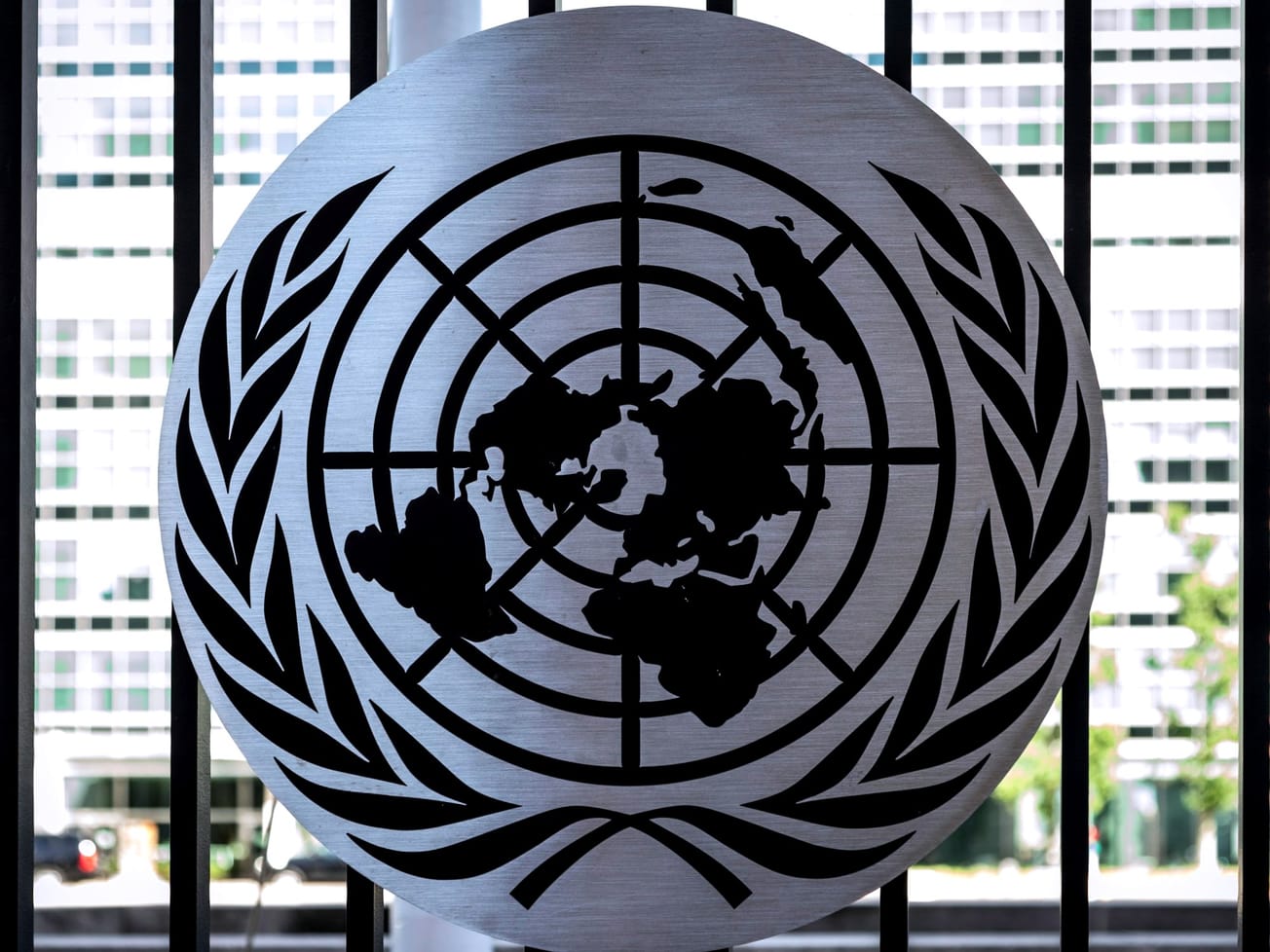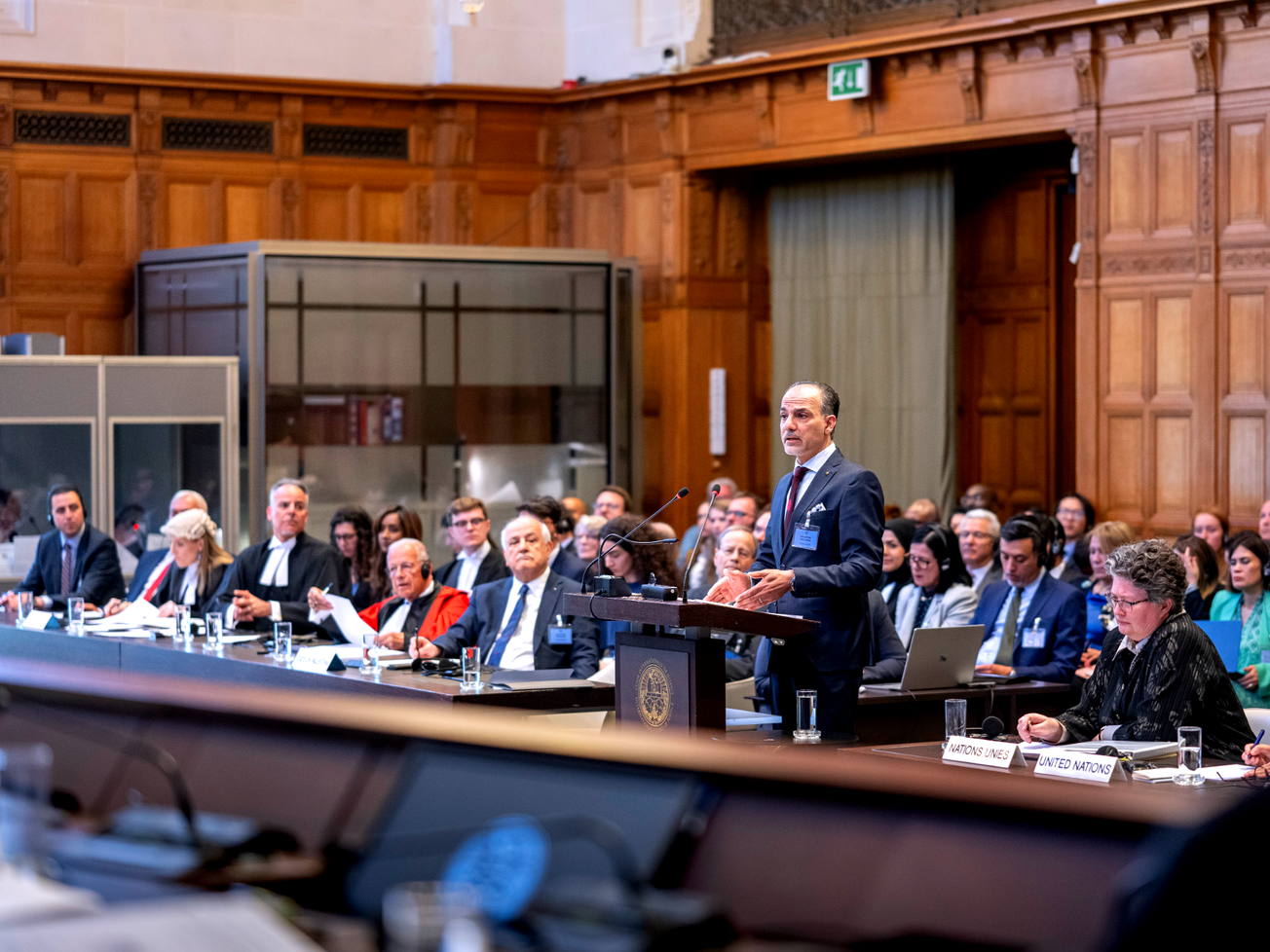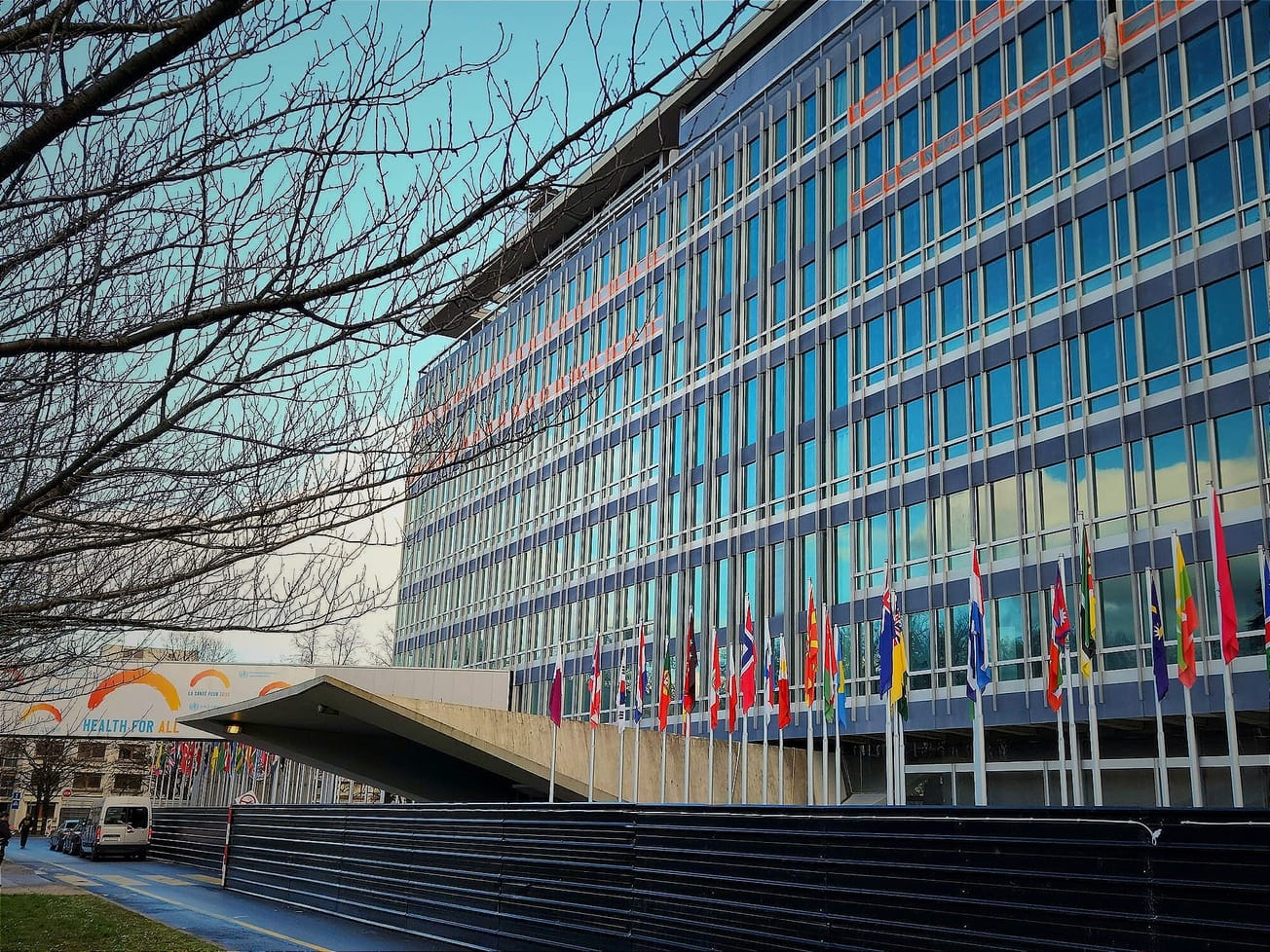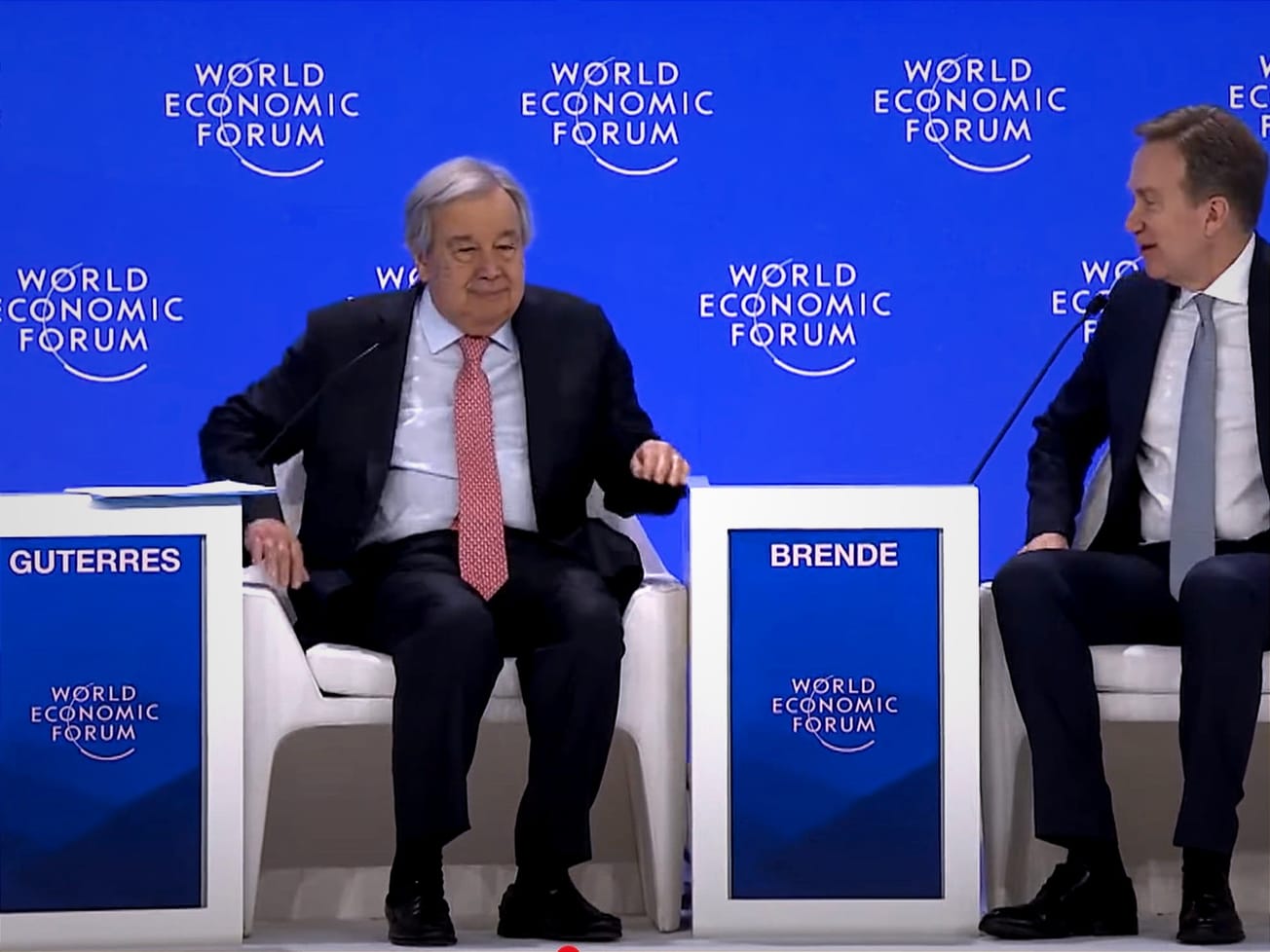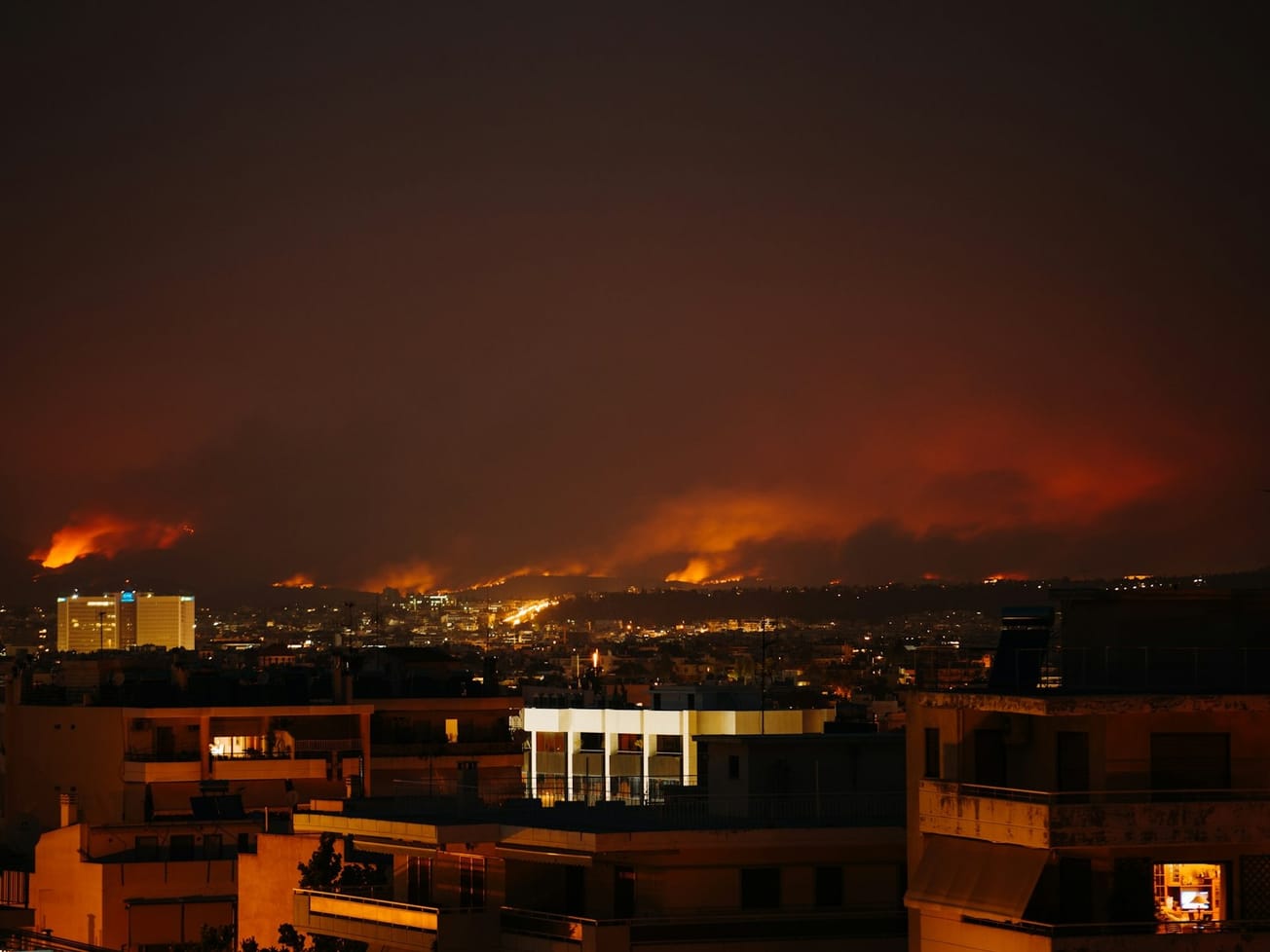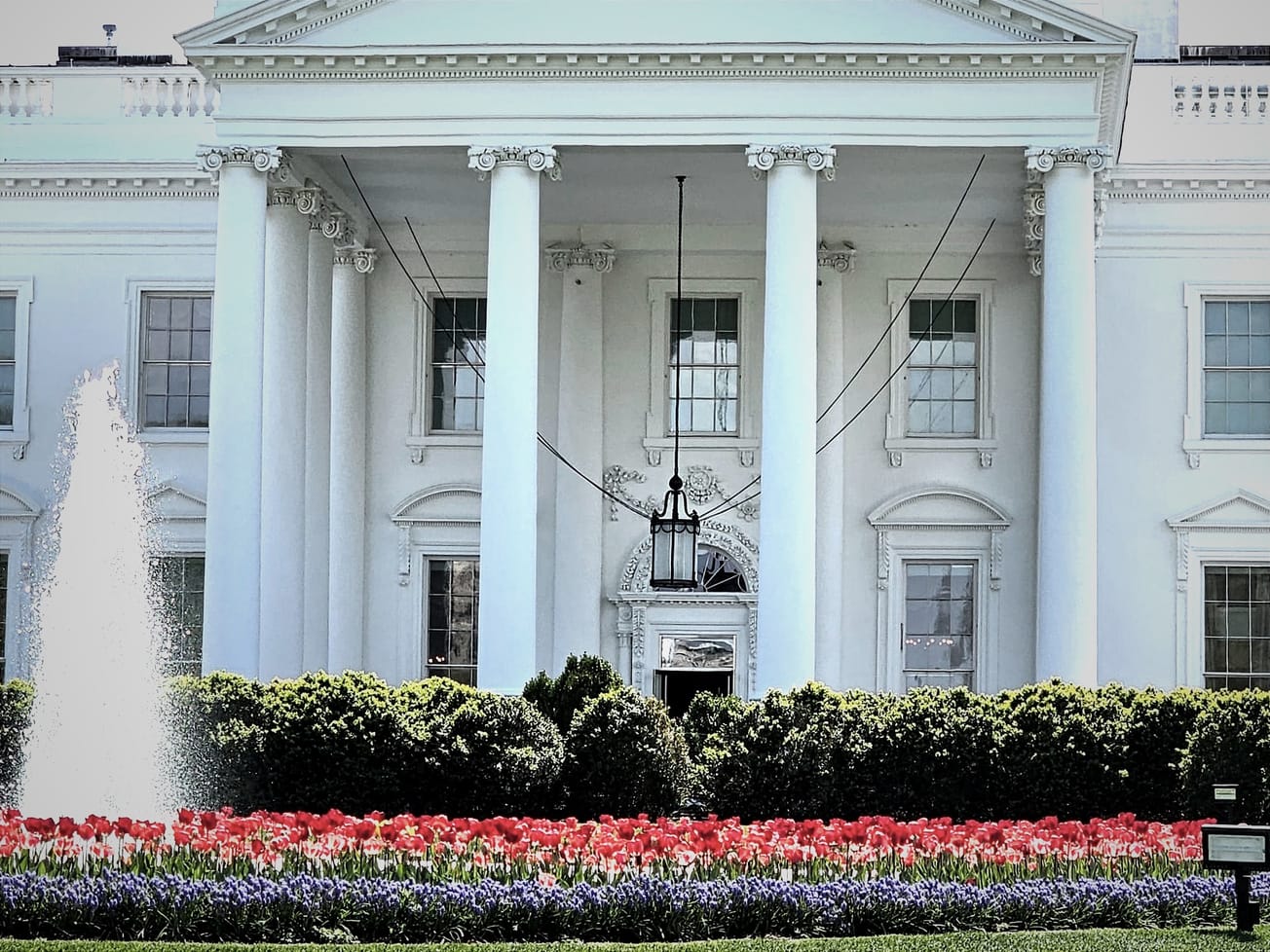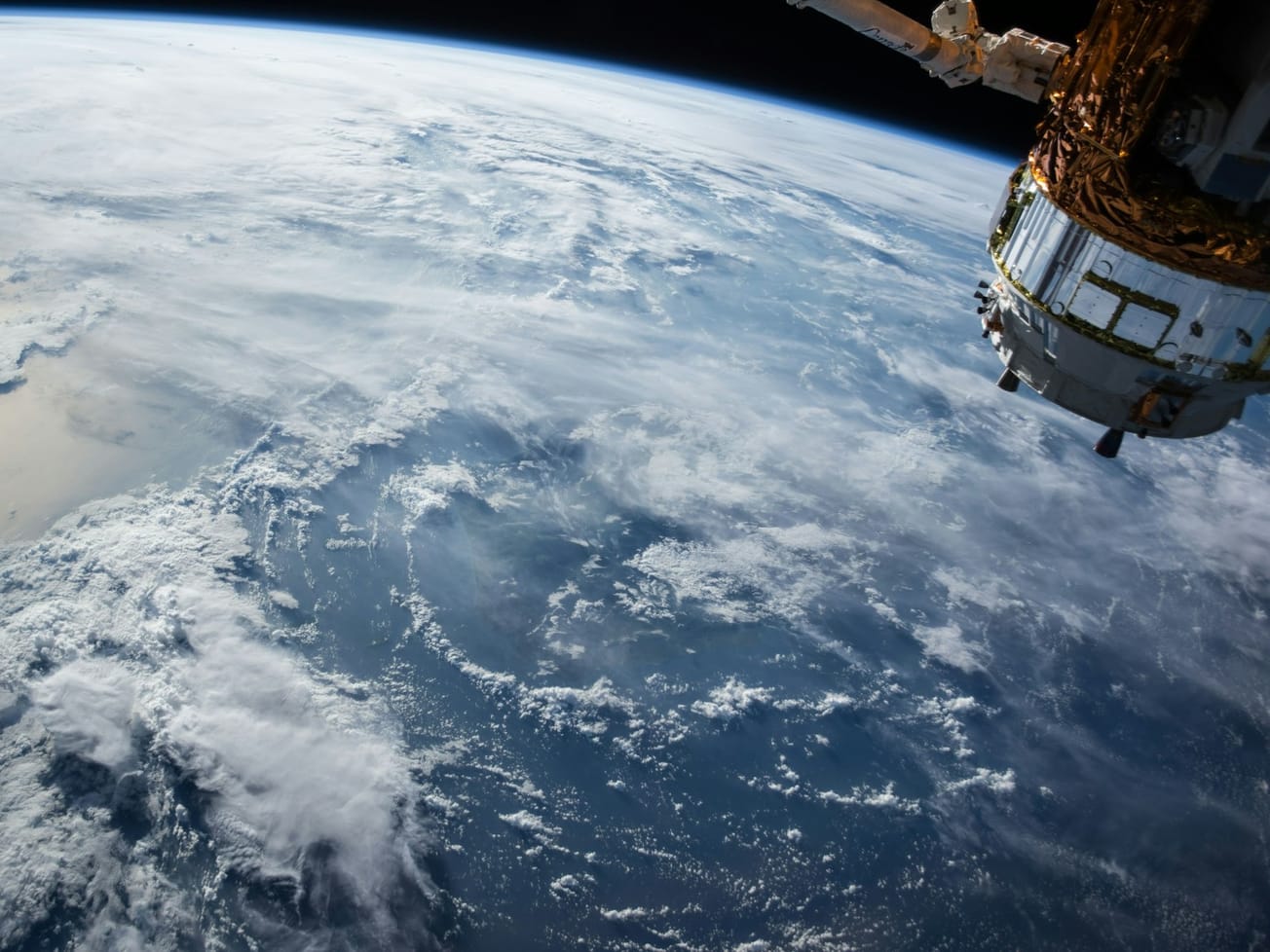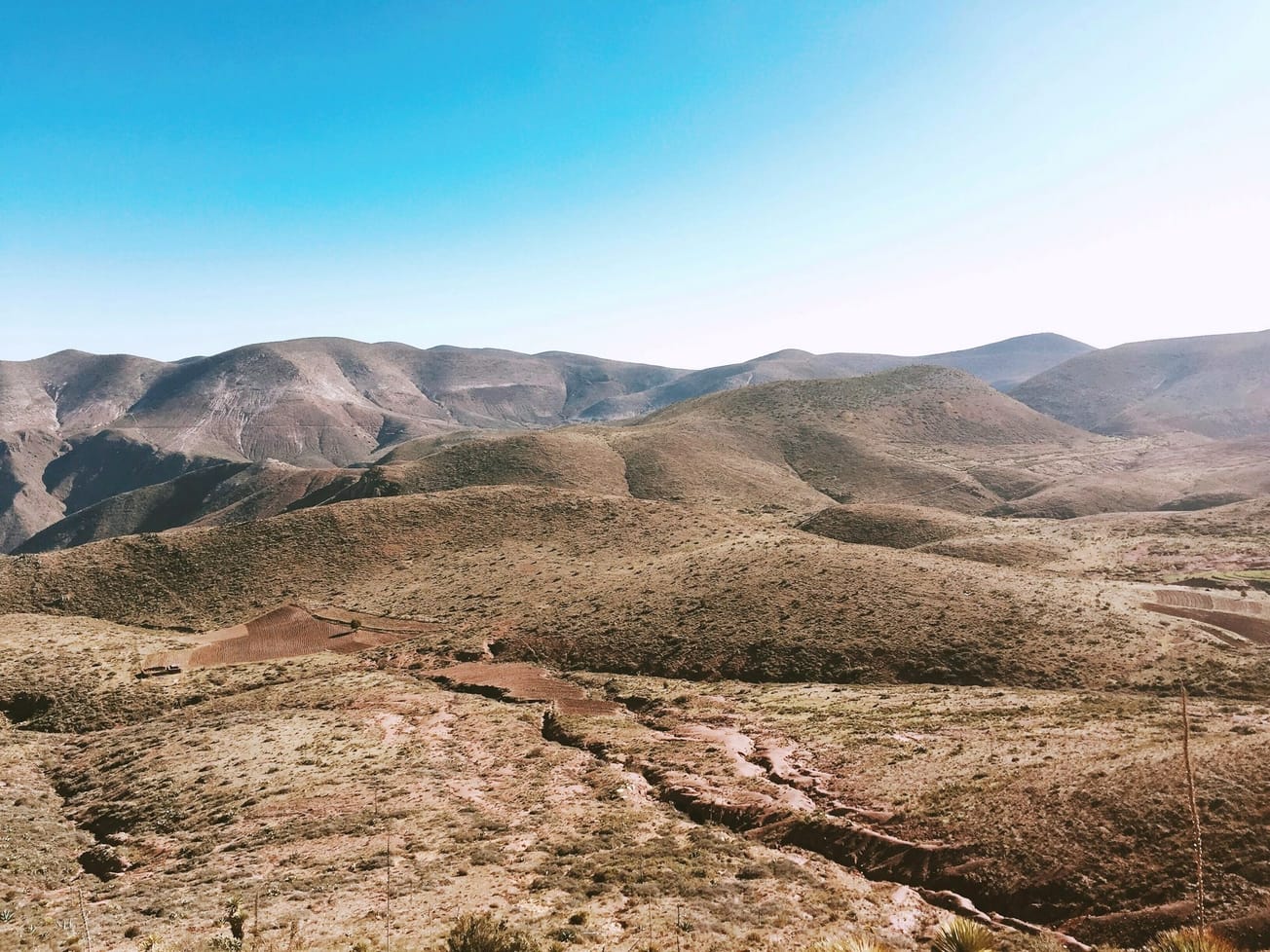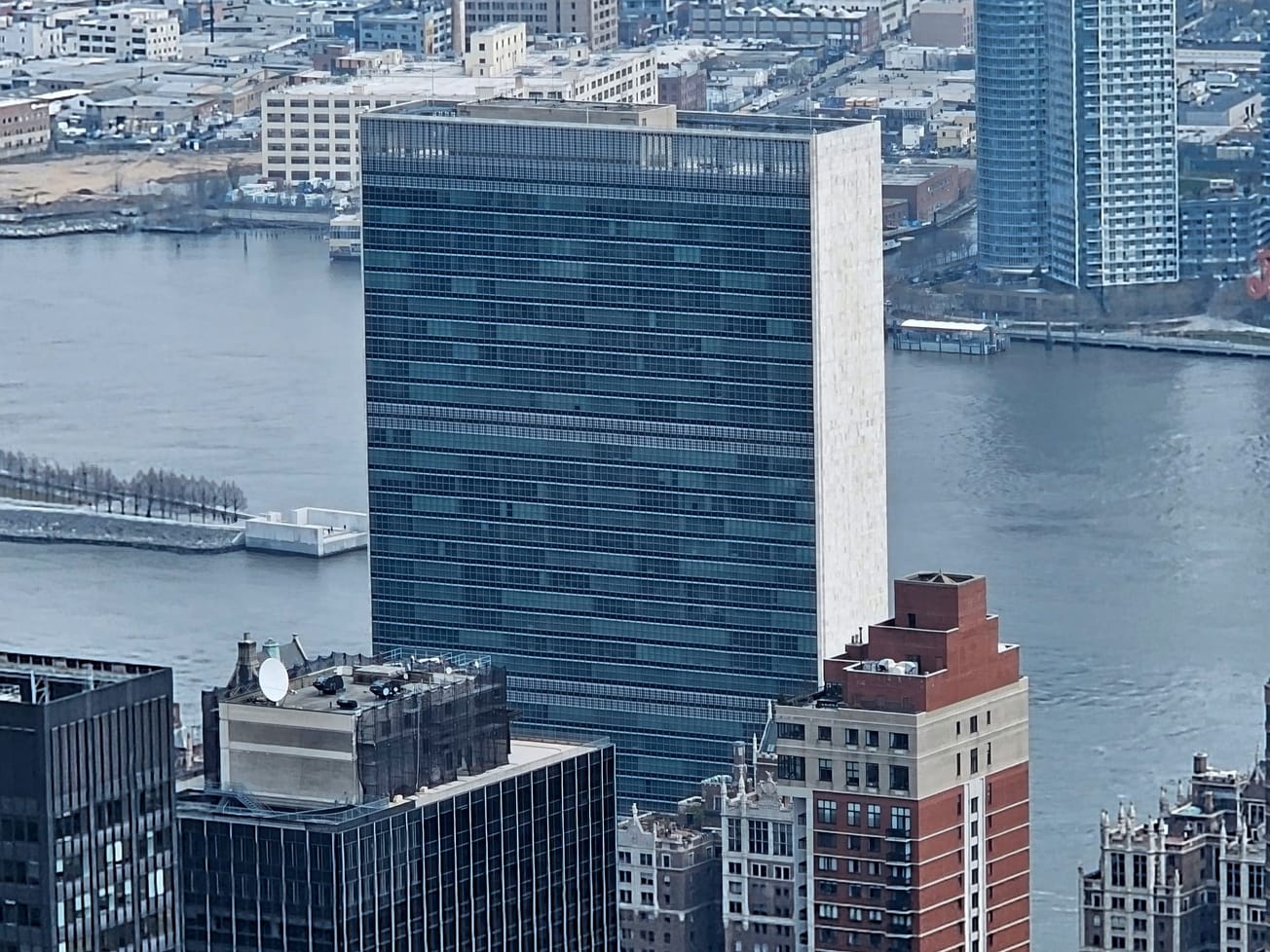
Surveys show majority of public still trusts U.N. despite an overall decline
The U.N. appears to be more trusted than many governments, other multilateral institutions, and regional organizations.
Already have an account? Log in
The U.N. appears to be more trusted than many governments, other multilateral institutions, and regional organizations.
The Trump administration and its allies in Congress sparred with Democrats over America's spending and stature abroad.
A major financial squeeze is hitting the embattled U.N., which is owed $5.1 billion for its regular and peacekeeping budgets.
A Palestinian diplomat told the U.N.'s top court that Israel uses aid as a 'weapon of war,' targeting civilians and aid workers.
Trump also suggested giving the United States ownership of Ukraine’s electrical supply and nuclear power plants.
Trump's embrace of Putin and contempt for long-established transatlantic ties is an existential crisis for Europe and NATO.
More than 30 years later, Ukraine is fighting for its survival as it laments the Budapest Memorandum's broken promises.
Israel's brutal military campaign in Gaza has drawn direct criticism from all corners of the U.N. and its top officials.
WHO's emergency moves follow months of warnings the U.N. health agency faces severe impacts if U.S. funding dries up.
Trump's speech to Davos contrasted sharply with other leaders' creation of a Global Energy Transition Forum.
His remarks were aimed at focusing attention on rising global temperatures and unregulated artificial intelligence.
The South African president invoked Nelson Mandela's emphasis on global 'interdependence' and cooperation.
The process of forcing the United States to withdraw from the Paris climate treaty and WHO will take a year to complete.
Here's a timeline of Trump's actions involving international organizations and treaties, from his first term to the present.
A new World Meteorological Organization system for data sharing aims to spread technology among developing nations.
People living in drylands doubled to 2.3 billion, more than a quarter of the world population, in the past three decades.

